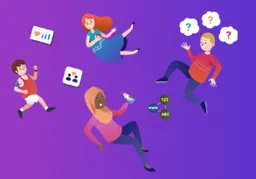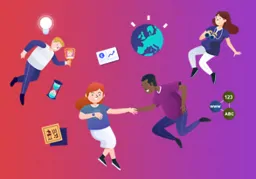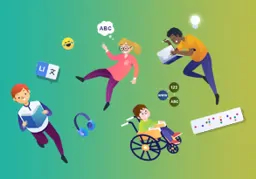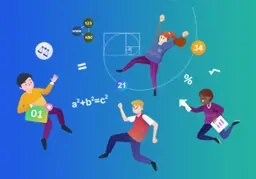AREA OF LEARNING AND EXPERIENCEScience and Technology
Guidance to help schools and settings develop their own curriculum, enabling learners to develop towards the four purposes.
3. Principles of progression
Mandatory
Increasing effectiveness as a learner
Problem-solving and design tend to be iterative; the development of skills-related resilience and self-efficacy become important to enable learning through a ‘trial and improve’ approach. Through this learners develop their application of skills, as well as resilience as they understand the benefit of failure in this Area to discover new ways of doing things. Over time there is an increased independence in learning, including interdependence in peer group learning. Learners should develop an awareness of their increasing sophistication of understanding and an ability to regulate their own thinking.
Increasing breadth and depth of knowledge
Progression in the Science and Technology Area of Learning and Experience (Area) is demonstrated by learners exploring and experiencing increasingly complex ideas and concepts that sit within the statements of what matters. Knowledge moves through exploration from a personal understanding of the world to an abstract view that enables learners to conceptualise and justify their understandings. Progression of learning is not linear but cyclical with learners revisiting existing knowledge, linking this with their new learning, and adjusting schema in light of new discovery.
Deepening understanding of the ideas and disciplines within areas of learning and experience
Progression in this Area includes the development of a deep understanding of the learning expressed within all the statements of what matters within the Area and the complex relationships and connections which exist between them. Investigative skills and domain specific knowledge which are developed within the context of one statement of what matters can be applied in others. Iterative approaches to problem-solving from computer science and design and technology can also be beneficial to all sciences. Early stage learning will be typified by a holistic approach to asking questions and exploring the world around the learner, with increasing specialisation at later stages.
Refinement and growing sophistication in the use and application of skills
Investigation, exploration, analysis, problem-solving, and design are key skills required as learners work along the continuum of learning in this Area. As a learner makes progress, there is increasing sophistication in the way in which they apply prior learning in this Area, explore and investigate problems and the resulting formulation of creative solutions. There is a refinement and increasing accuracy in what learners are able to do and produce both in the physical and digital environments.
Making connections and transferring learning into new contexts
As learners progress across the continuum they will increasingly be able to make links between current learning and other experiences and knowledge developed within and beyond this Area. This will include making links with knowledge and experiences from outside the school environment. Problems within science and technology involve ethical or moral dilemmas and it is an increased understanding in the way in which these dilemmas are or even should be approached which will signify progression. Learners will develop the capacity to apply their learning in science and technology to inform their thinking and action beyond the classroom.







